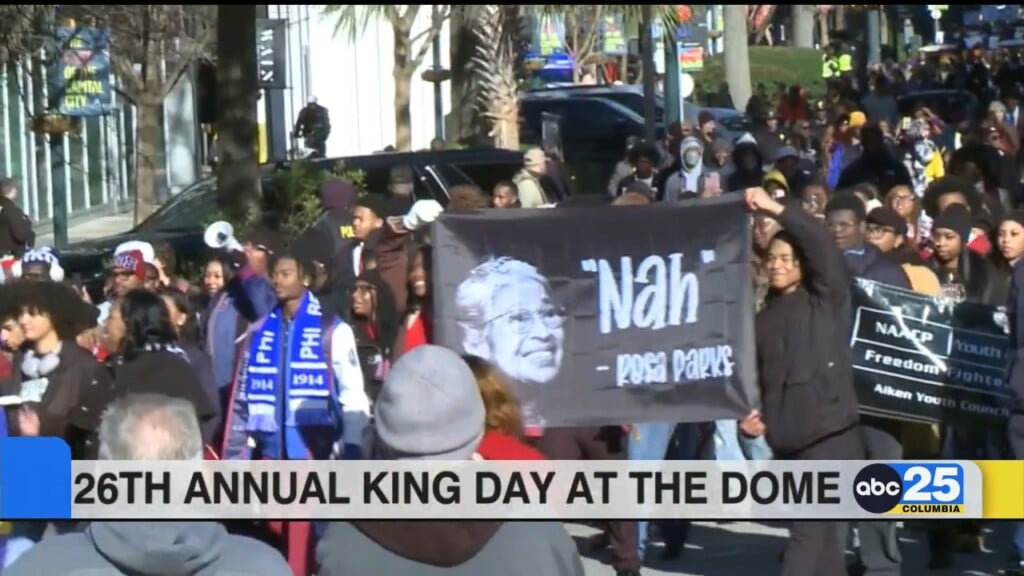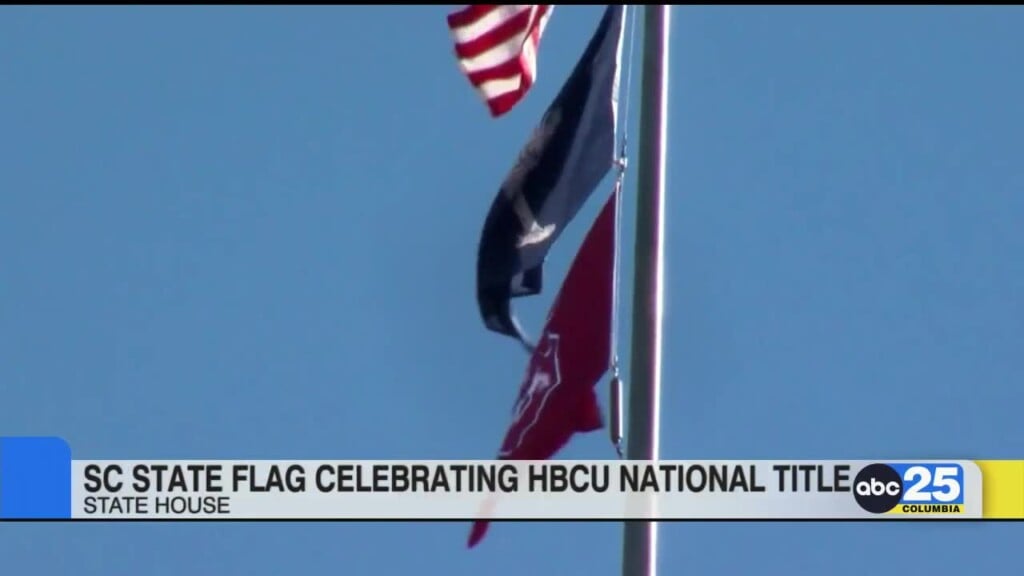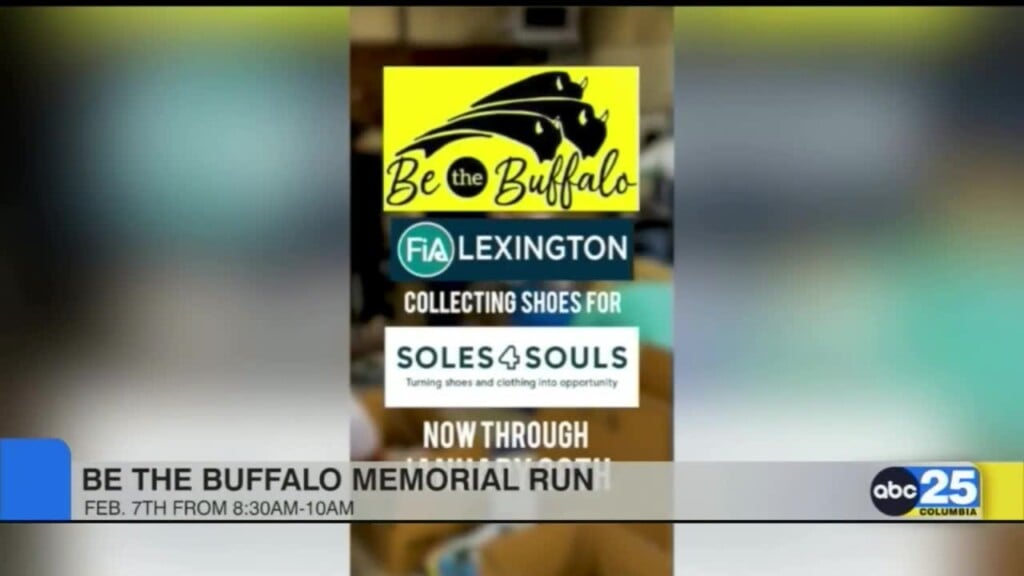56 years later — Victims and survivors of Orangeburg Massacre honored at annual ceremony
ORANGEBURG, SC (WOLO) — South Carolina State University held its 56th annual commemoration ceremony — honoring the three young men who were killed by police officers in 1968.
Samuel Hammond, Delano Middleton, and Henry Smith were gunned down by officers of the SC Highway Patrol on the campus of SC State University. The young men were protesting racial discrimination and white only policies across the city, particularly at the All-Stars Bowling Lanes.
The ceremony began in the Martin Luther King Jr. Auditorium with (Ret.) Major General and Dr. Clifford Stanley as the keynote speaker.
The service continued at the Smith Hammond Middleton Legacy Plaza where family gathered around the memorial as flames were lit to honor the three men.
Henry Smith’s niece, Latricia Ellison believes many students and South Carolinians have yet to learn about the massacre — and more must be done to teach them.
“I’m glad the state continues to remember the three gentlemen that passed trying to integrate a bowling alley just for basic rights that we all deserve. I wish the state of South Carolina did more in regards to recognizing the loss of these three students, but the university does a wonderful job in regards to remembering them annually,” she says.
Cleveland Sellers, Jr., father of Civil Rights Attorney Bakari Sellers, was shot during the massacre.
“Many of those people over the last 40 years have suffered all kinds of issues as a result of the trauma that they were under. And there was no medical assistance available, and they were made to feel initially as if they were responsible for their own injuries and the trauma that they suffered,” he says.
He believes more should be done in terms of restitution for the events of that day.
“And to say, ‘Oops!’ I don’t think is sufficient. And I have been asking for that over the last 56 years that justice be shown to those individuals that suffered so much. And their families. And the other students who were on the campus but who were not directly hit by a bullet, also suffered trauma, as a result of their friends being killed. They just walked out and in a period of eight seconds, a volley of double aught buckshots, rifles, and pistols went off, and they were in an open field so there was no place to hide,” Sellers says.
According to university officials, the murders were quickly overshadowed by other tragic events that took place that year, like the assassination of Martin Luther King, Jr. and the murder of Robert F. Kennedy.
Sellers believes historical events in Black history like the Orangeburg Massacre must be more readily taught in schools for true progress to take place, as well as allowing diversity and inclusion initiatives to continue.


